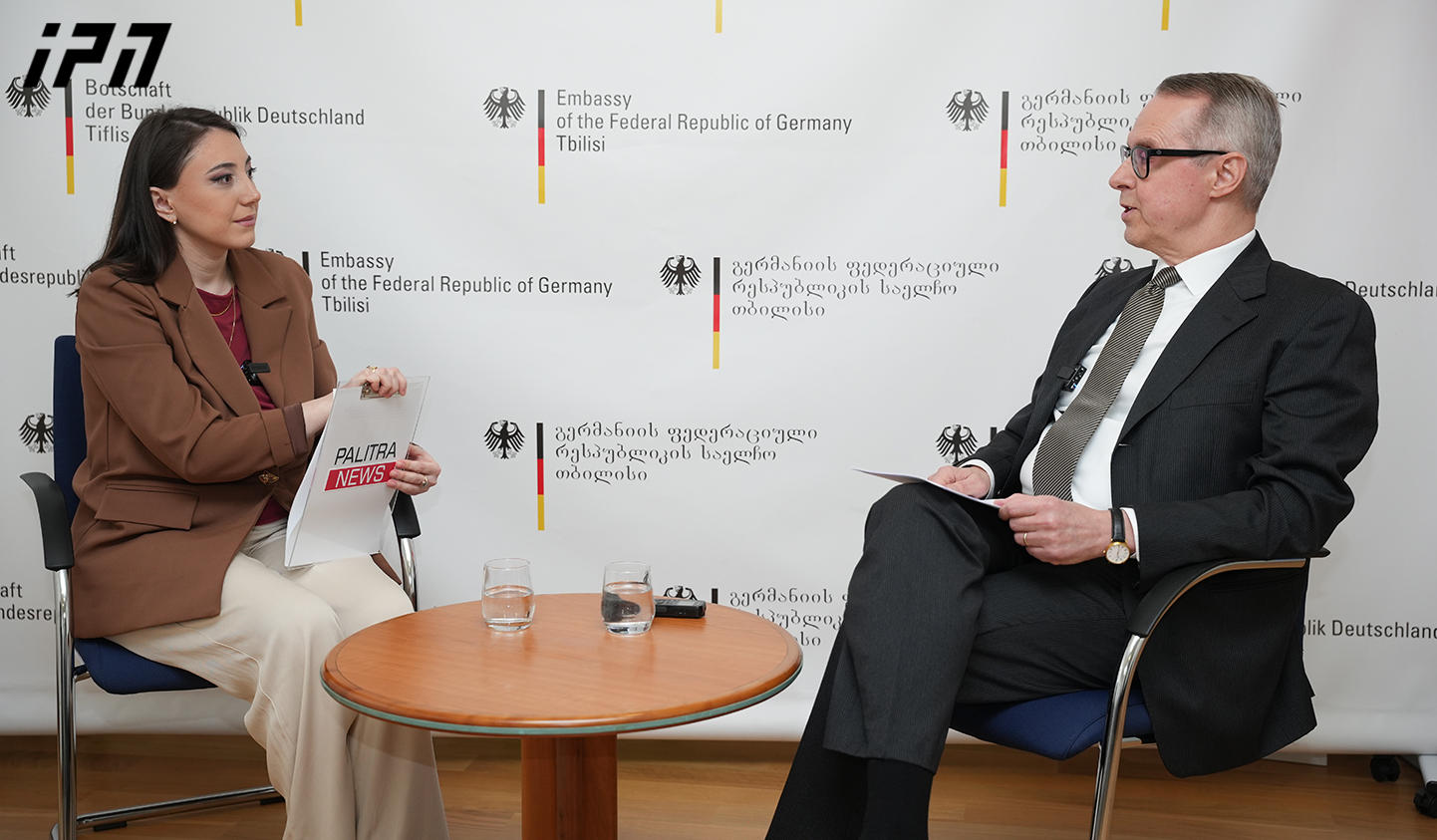ISSA: 54.5% of population supports opposition participation in local elections

According to a study by the Institute of Social Studies and Analysis (ISSA), 54.5% of respondents believe opposition parties should participate in the 2025 local elections.
On the question of whether opposition parties should take part in the 2025 local elections, public sentiment is distributed as follows:
Yes: 54.5%
No: 22.3%
Don’t know/Declined to answer: 23.2%
The study shows differences between Tbilisi and Georgia’s regions:
In Tbilisi, 50% support opposition participation, while 50% are either opposed or declined to answer.
In the regions, 56.4% support opposition participation, 22.3% oppose it, and 23.2% are undecided.
The study also indicates high willingness among the population/voters to participate in local elections.
By political preference, “Georgian Dream” voters show the highest readiness to participate (60%), while “Coalition for Change” voters show the lowest (33%).
Public opinion is divided on the timing of local elections:
36% support holding local elections alongside new parliamentary elections.
39% support holding local elections without new parliamentary elections.
In Tbilisi, 46% favor combining local elections with new parliamentary elections.
In the regions, 40% support holding local elections independently.
Expectations about the fairness of local elections are split:
42.5% believe they will be fair.
42% believe they will be unfair.
Up to 40% of voters find it difficult to determine how opposition parties should participate in local elections. However, more respondents support opposition parties running under a unified list, with the highest support in Tbilisi (43%).
Additionally, 41% of the population supports the opposition’s parliamentary boycott:
Nationwide: 41% consider it correct, 38% incorrect.
Regions: 38% correct, 41% incorrect.
Tbilisi: 50% support the boycott, 32% oppose it.
Regarding the legitimacy of the 2024 parliamentary elections:
41% consider the results legitimate, 45% consider them illegitimate.
In the regions, 41% view them as legitimate, 45% as illegitimate.
In Tbilisi, 45% view them as legitimate, 40% as illegitimate.
The majority of Georgians, especially in Tbilisi, believe the country is moving in the wrong direction. Key issues identified are high prices and unemployment. On the economy:
66% nationwide, 60% in regions, and 81% in Tbilisi believe Georgia’s economy is somewhat or very weak.
The ISSA quantitative study was conducted from May 5-20, 2025, with 2,000 adult respondents across Georgia using face-to-face interviews. The margin of error is ±2.2% with 95% confidence. Data was weighted by demographic variables (gender, age, education, region, urban/rural) and 2024 parliamentary election results. The study was conducted in collaboration with Rosner Research LLC, a U.S. organization.
